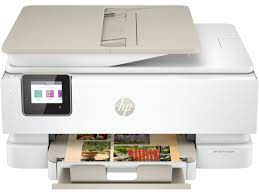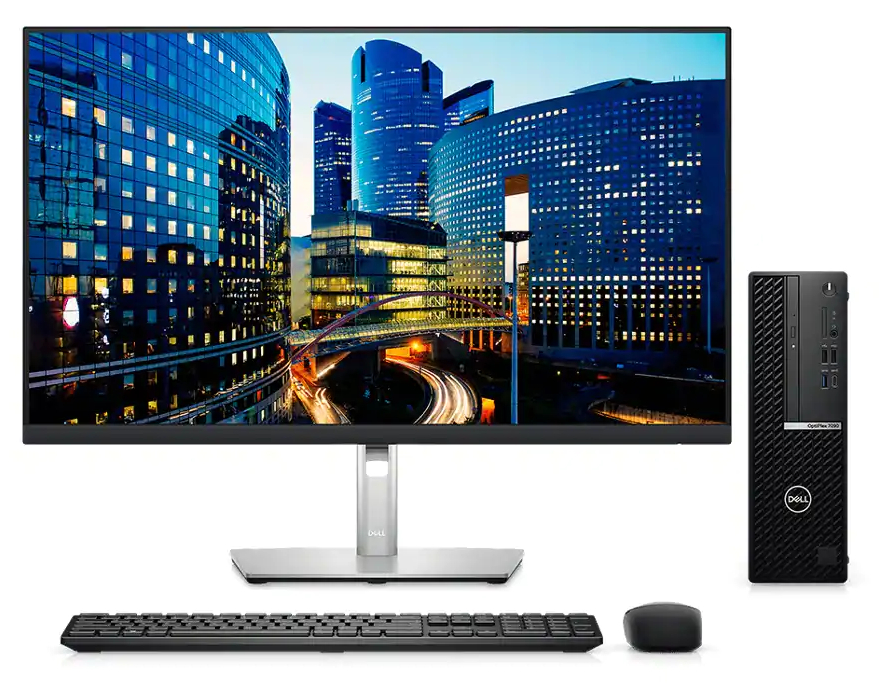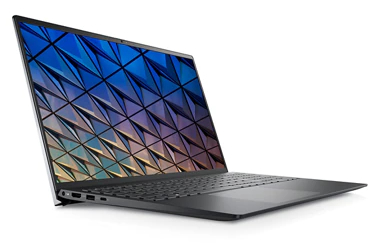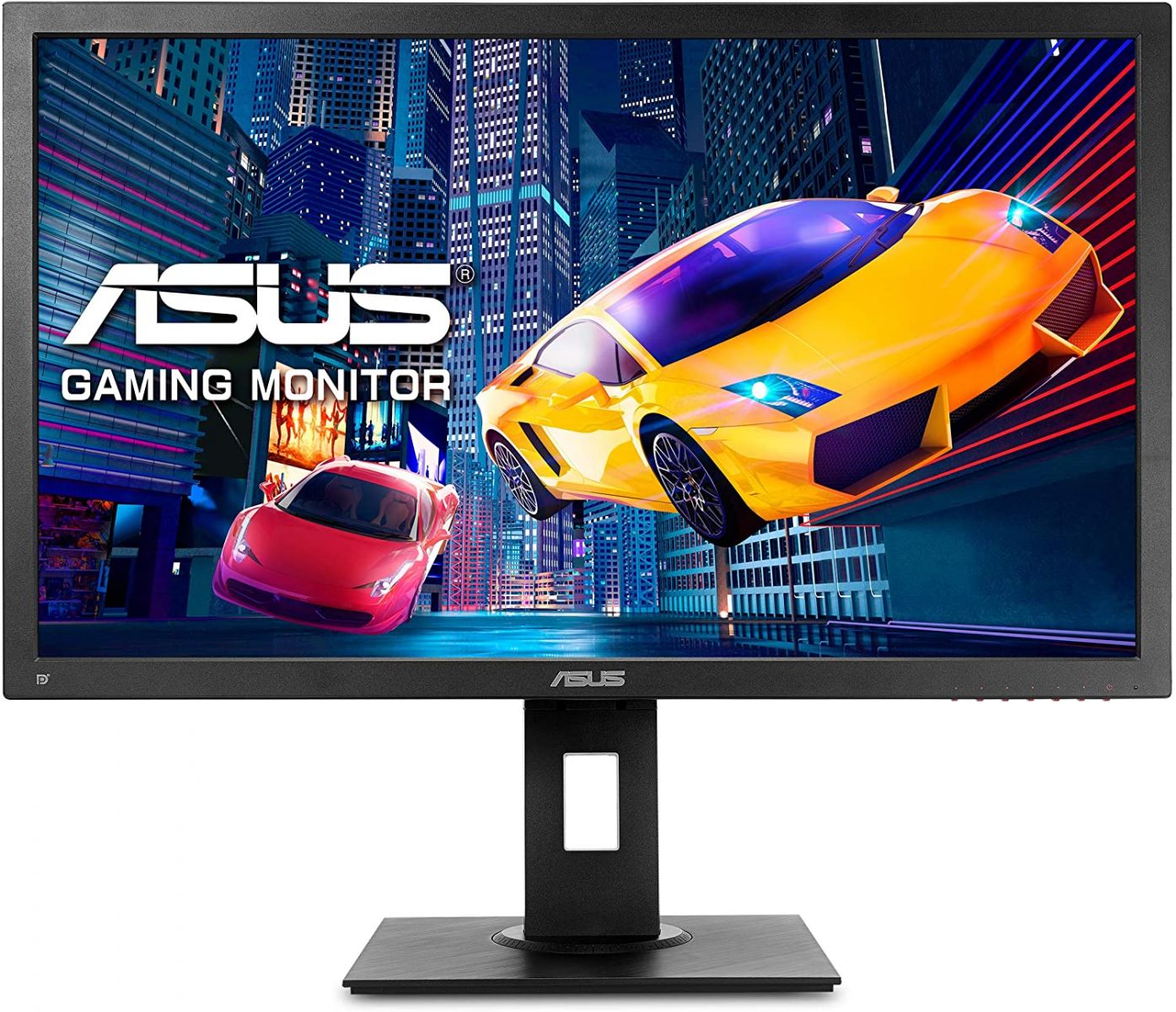Table of Contents
Determine Your Requirements
You need to know 4 things before deciding on what computer or laptop to purchase:
- How much hard drive space is being used or will be used.
- Do you require a CD/DVD drive?
- Do you require an SD Card reader slot?
- What video connectors does your current monitor use, assuming you have one to use?
To check disk usage, open File Explorer, "This PC", or any folder anywhere. On the left side, right click the "C" drive and select "Properties". You may need to click "This PC" first. It will tell you how much space is being used. You don't care about free space. Most people use 75GB to 150GB.
Built-in CD/DVD's are getting as rare as hens teeth. If you find a computer that satisfies all your needs but has no drive, an external USB drive can be used.
An SD card slot is simply a slot on the front of the computer to read camera cards. It seems less and less people need such a slot. If the computer you selected has none, an external USB card reader can be used.
To check video connectors, look behind your computer monitor and see how many connections are available. From oldest technology to the newest, see below:
- VGA ( Usually a blue connector. Somewhat rare on new monitors )
- DVI ( Usually a white, wider connector than VGA. Getting rare on new monitors )
- HDMI ( Small, rectangular slot with two angled corners. Very common on new monitors )
- DisplayPort ( Small rectangular slot with one angled corner. Getting more popular on new monitors )
VGA

DVI

DisplayPort and/or HDMI

Recommended Specs
All computers or laptops need the following specifications:
- Processor: Intel i5 or greater
- Memory: 12GB RAM or greater
- Drive Storage ( aka the hard drive ): 500 GB SSD or greater
There are, of course, many other options available, especially with laptops. However, no matter what brand or model you go with, it must have these features or greater, especially the solid state drive (SSD). Do not, under any circumstances, no matter how cheap the computer seems to be, buy a computer with a conventional, spinning, mechanical hard drive.
The storage capacity of the drive has no bearing on performance. A 250 GB and a 500 GB drive make the computer run the same speed. The only reason you get a high capacity drive is to store more stuff like pictures or videos.
Deleting or moving data to an external device does NOTHING to improve performance. If anyone tells you that you have to remove a bunch of stuff to get your computer running faster, they are sorely mistaken. In some instances, removing programs can make a computer faster, but not by much unless the program is malfunctioning.
Minimum Specs ( Light Duty )
If you promise you will be using your computer only for Internet use with no storage requirements, additional programs, or a demand for high resolution video playback, you can trim the requirements to:
- Processor: Intel i3
- Memory: 8GB RAM
- Drive Storage ( aka the hard drive ): 250 GB SSD
You will notice all three items have been trimmed back. An Intel i3 is sufficient for Internet browsing, 4GB of RAM is sufficient for ONLY Internet browsing or running one program at a time. Drive storage is sufficient for Windows itself and low volume data storage with minimal program usage. We don't recommend this configuration because it seems like everyone uses their computer at a more robust level than what they think.
Click the following for more specific details regarding:




